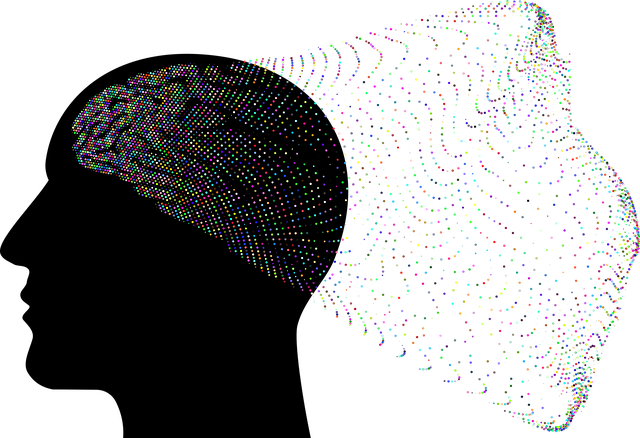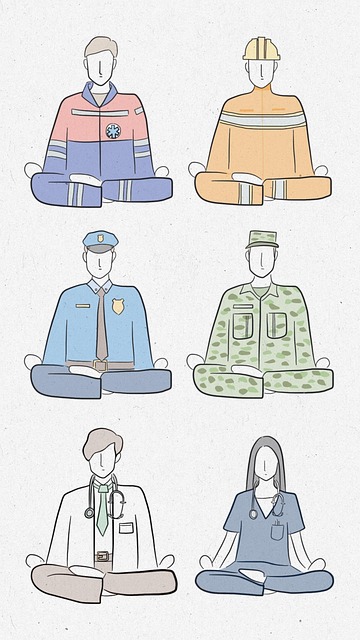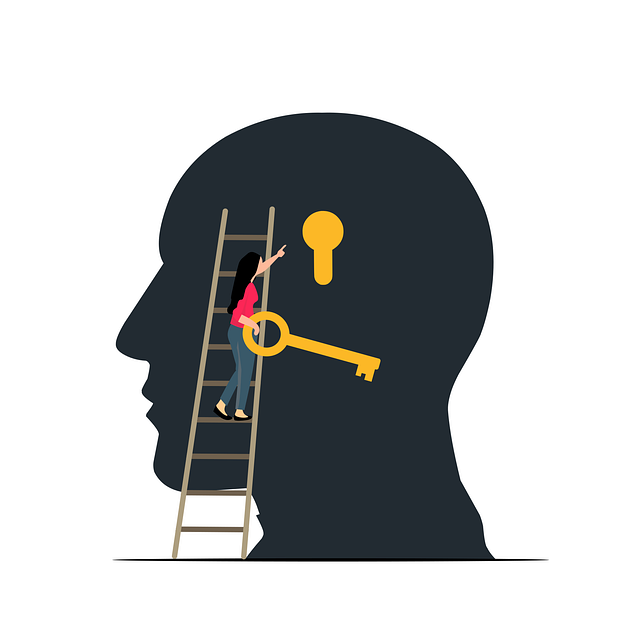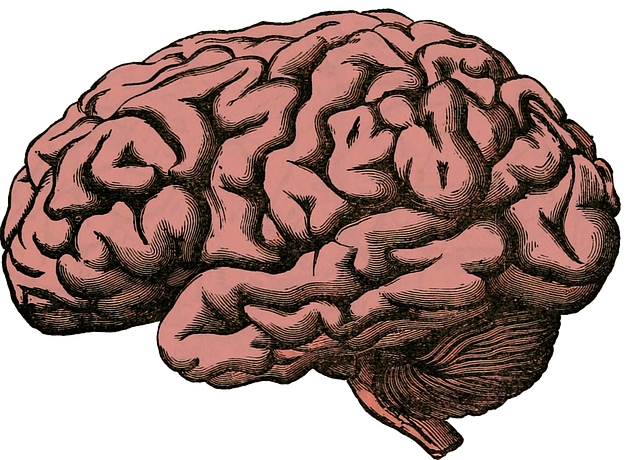Social Skills Training is a transformative component of Superior Post-Traumatic Stress Disorder (SPTDS) therapy, addressing isolation and withdrawal by enhancing emotional intelligence, self-awareness, and coping strategies. This approach empowers survivors with tools for effective communication, active listening, conflict resolution, and stress management, leading to improved relationships, mental health, and quality of life. Through role-playing, group discussions, and targeted therapy sessions, individuals overcome traumatic memories, reclaim control over their mental well-being, and engage more fully in community life. Integrating social skills training into SPTDS therapy plans offers practical tools and hope for those facing mental health challenges post-trauma.
Social skills training is a powerful tool in the mental health arsenal, particularly for conditions like post-traumatic stress disorder (PTSD). This article explores how understanding and enhancing social interactions can significantly impact mental well-being. We delve into the role of social skills training in PTSD treatment, presenting effective strategies and inspiring case studies. By integrating these techniques into comprehensive care plans, professionals can offer superior PTSD therapy, fostering better connections and improved lives for those affected.
- Understanding Social Skills and Their Impact on Mental Health
- The Role of Social Skills Training in PTSD Treatment
- Effective Strategies for Enhancing Social Interaction
- Case Studies: Success Stories of Social Skills Training
- Integrating Social Skills into Comprehensive Mental Health Care Plans
Understanding Social Skills and Their Impact on Mental Health

Social skills are essential aspects of human interaction and play a significant role in our mental well-being. Understanding and nurturing these skills can be transformative for individuals living with mental health conditions, particularly those suffering from post-traumatic stress disorder (PTSD). Superior PTSD therapy often incorporates social skills training as a powerful tool to enhance recovery and improve overall quality of life. By focusing on effective communication, active listening, and conflict resolution techniques, individuals learn to navigate social situations more comfortably and safely.
This approach addresses the common challenges faced by those with PTSD, such as social isolation and avoidance, which can exacerbate symptoms. Mental health awareness and crisis intervention guidance are integral parts of this process. Through role-playing scenarios and practical exercises, participants develop strategies to manage stress, deescalate conflicts, and build healthier relationships. The ultimate goal is to equip individuals with the necessary tools to engage in meaningful social interactions, thereby fostering a sense of belonging and improving their overall mental health.
The Role of Social Skills Training in PTSD Treatment

Social Skills Training plays a pivotal role in Superior Post-Traumatic Stress Disorder (PTSD) therapy. It offers individuals coping mechanisms to navigate social interactions, addressing isolation and withdrawal often associated with PTSD. By enhancing emotional intelligence and self-awareness exercises, this training empowers survivors to build healthy relationships and manage stress effectively. These skills are crucial for reintegrating into social environments, fostering a sense of belonging, and promoting resilience in the face of traumatic memories or triggers.
This therapeutic approach goes beyond traditional PTSD treatments by focusing on the interpersonal aspects of recovery. It equips individuals with the tools to express their needs assertively, set boundaries, and resolve conflicts, thereby improving overall well-being. Integrating social skills training into PTSD therapy can significantly enhance treatment outcomes, enabling survivors to lead fulfilling lives and reclaim control over their mental health.
Effective Strategies for Enhancing Social Interaction

Effective strategies for enhancing social interaction play a pivotal role in Superior Post-Traumatic Stress Disorder (PTSD) therapy. One proven approach is Coping Skills Development, focusing on teaching individuals appropriate responses to stressful situations, thereby fostering more positive interactions with others. This involves learning and practicing skills like active listening, assertiveness training, and emotional regulation techniques.
Moreover, addressing underlying issues such as low self-esteem through therapy sessions can significantly improve social dynamics. Mental health professionals must incorporate strategies that promote self-worth and confidence during treatment plans. A thorough Risk Assessment for each client is crucial to anticipate potential challenges during group interactions and ensure a safe, supportive environment where individuals feel comfortable engaging socially.
Case Studies: Success Stories of Social Skills Training

Social Skills Training has proven to be a game-changer for many individuals living with mental health conditions, particularly those suffering from Superior Post-Traumatic Stress Disorder (PTSD). Case studies show that tailored interventions focused on improving social interactions can significantly enhance quality of life. One successful example involves a study group of veterans with PTSD who participated in an 8-week program combining Empathy Building Strategies and Mindfulness Meditation techniques. The results were remarkable, with participants reporting reduced symptoms and improved relationships.
The training aimed to address the Mental Illness Stigma Reduction Efforts by fostering open communication and understanding among peers. Through role-playing scenarios and group discussions, individuals learned to navigate social cues, assert their needs, and manage emotional responses more effectively. This not only facilitated better connections with others but also empowered them to seek support when needed. The study highlights the power of social skills training as a comprehensive Superior PTSD Therapy approach, offering hope and practical tools for those navigating the challenges of mental health.
Integrating Social Skills into Comprehensive Mental Health Care Plans

Integrating social skills training into comprehensive mental health care plans is a crucial component for effectively treating conditions like Post-Traumatic Stress Disorder (PTSD). Many individuals struggling with PTSD often withdraw from social interactions due to anxiety and fear of triggering traumatic memories. Superior PTSD therapy, therefore, goes beyond addressing symptoms; it focuses on equipping patients with the necessary social skills to navigate relationships, communicate effectively, and engage in community activities. This holistic approach not only enhances their mental well-being but also paves the way for a more fulfilling life post-trauma.
Cultural sensitivity in mental healthcare practice plays a significant role in this integration. Trauma support services tailored with an understanding of cultural nuances can help patients feel more comfortable and safe in social settings. By incorporating positive thinking techniques alongside traditional therapy, individuals can cultivate resilience and build confidence in their ability to manage social situations. This comprehensive approach ensures that the patient’s unique needs are met, fostering a supportive environment for healing and recovery.
Social skills training emerges as a powerful tool in mental health care, especially for conditions like PTSD. By integrating these strategies into comprehensive treatment plans, we can significantly enhance individuals’ ability to connect and interact socially, fostering better overall well-being. As seen through successful case studies, this approach offers a promising path towards improved quality of life. For those seeking superior Post-Traumatic Stress Disorder therapy, incorporating social skills training is a game-changer, addressing the complex interplay between social connections and mental health.














